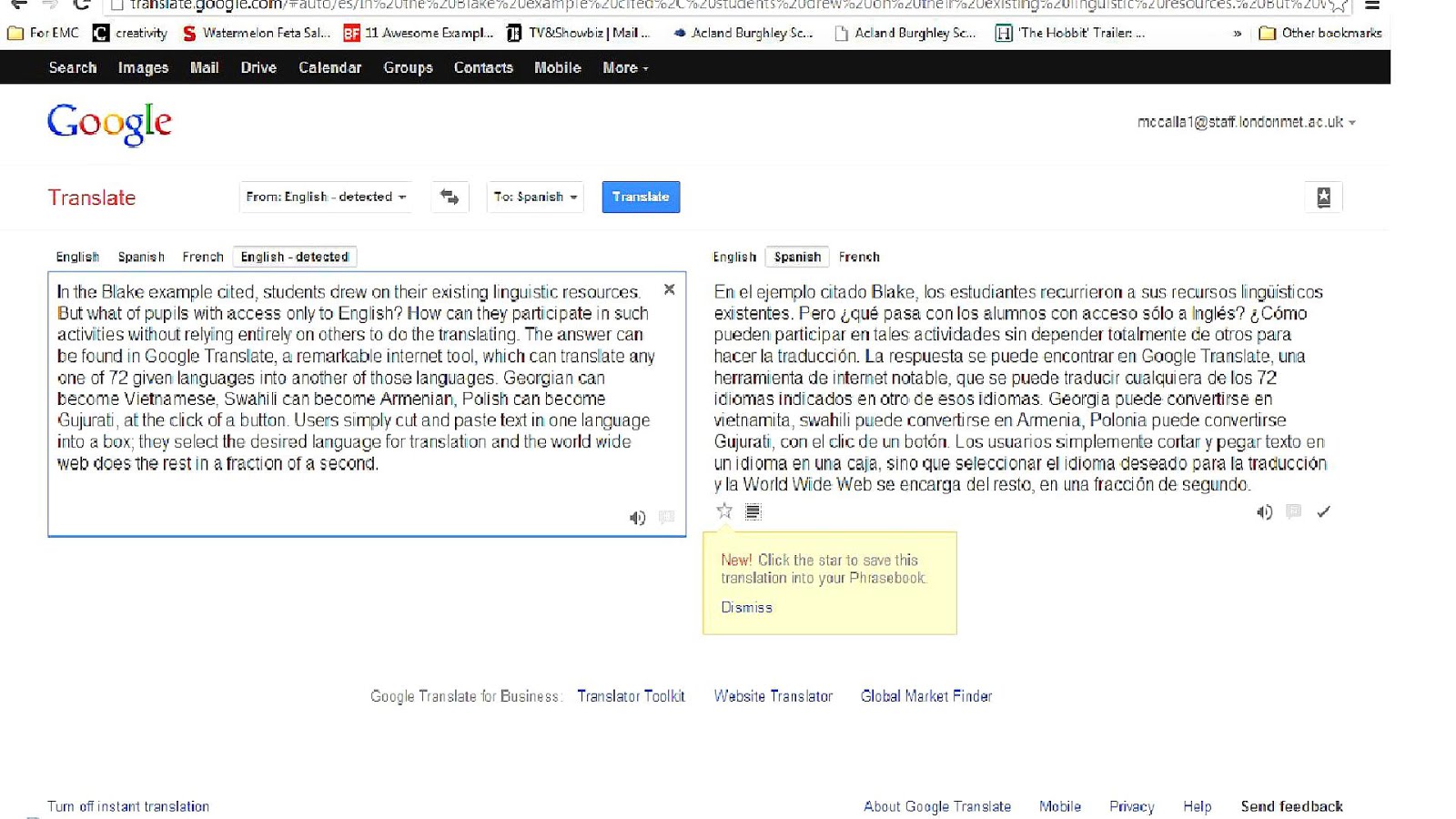
Reading elsewhere that the system could be gerry-rigged by the divine pronouns thou, thee, etc., but no longer was I tried “pastor” as a subject that might force formality.

Because…presumably if the two of you are knocking nasties, you are on familiar terms. But when I typed, “over, you can cook the steak,” it came back with the “tu” form of pouvoir.

When I stuck in “ou can cook the steak,” it conjugated in the formal. (I am not good at cooking steaks.) But I am new at French. If you stick in, alternatively, the terms: “lover” and “teacher” as the subjects of the sentence, then it will force the translator to conjugate in the formal and informal.įor instance, today, I was trying to tell my…Parisian lover that he could cook the steaks and I would cook everything else. I was able to gerry-rig the system in the following way. I Googled around and found some of the earlier solutions.

Dumm, bitte steig auf das Podium und halte deine Rede.Sehr geehrter Herr, bitte nehmen Sie dieses Geschenk in die Hand.Meine Liebe, bitte nimm dieses Geschenk in deine Hand.My dear fool, we'd love to come visit you.You, idiot, we'd like to honor your stupid accomplishments.Stupid, look over here so we can take your portrait.Stupid, please step up to the podium and give your speech.Honored sir, please take this gift into your hand.My dear love, please take this gift into your hand.

(Of course one must be very careful to replace them after translation!) German defaults to formal, so, yes, to obtain informal forms, you must trick the translator via Blake Chafetz suggests a very good solution.įollowing that tip, I've found that for German, besides terms of endearment, using vulgar, insulting terms works most of the time. I've struggled with this annoying problem for years.


 0 kommentar(er)
0 kommentar(er)
